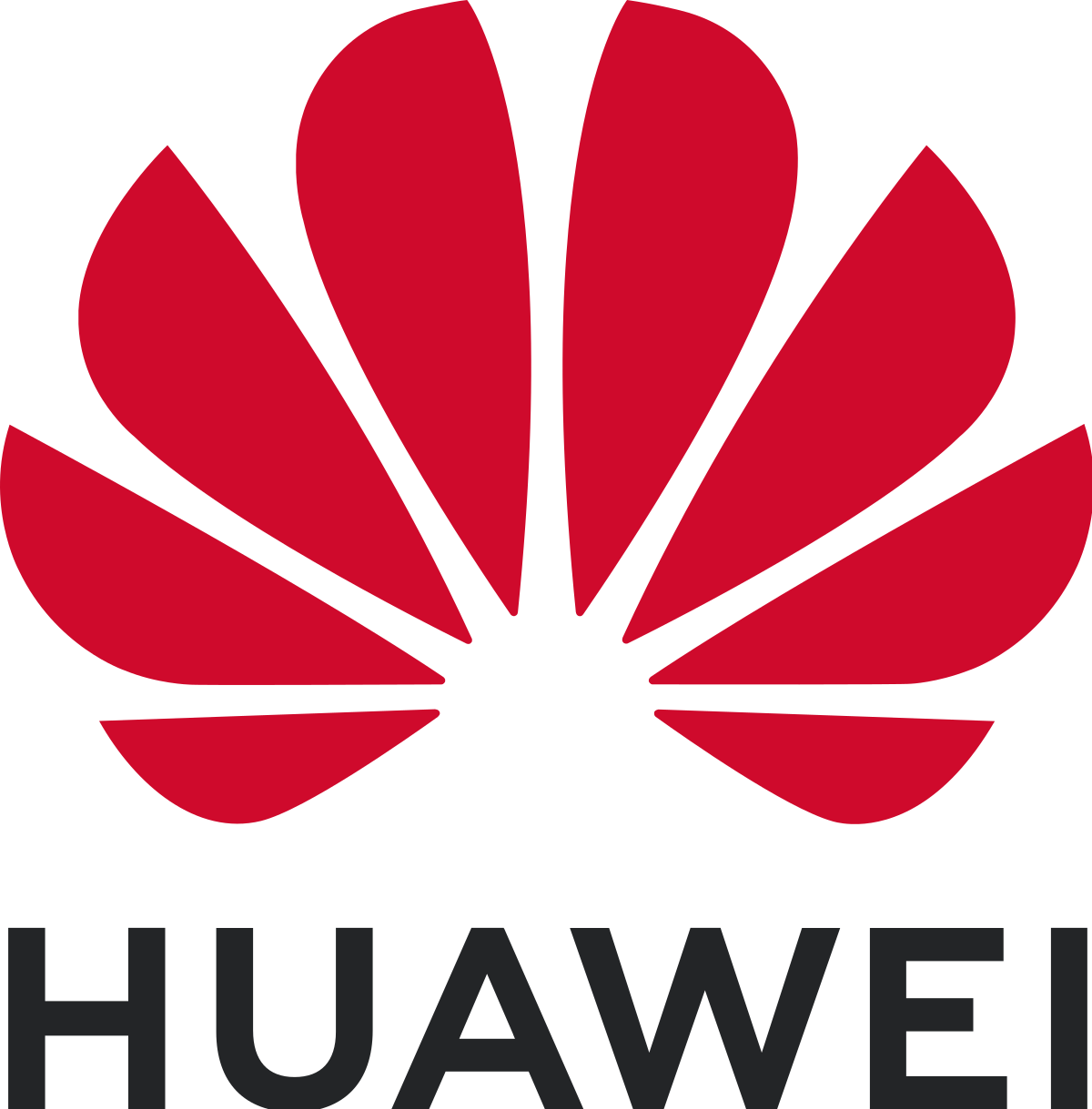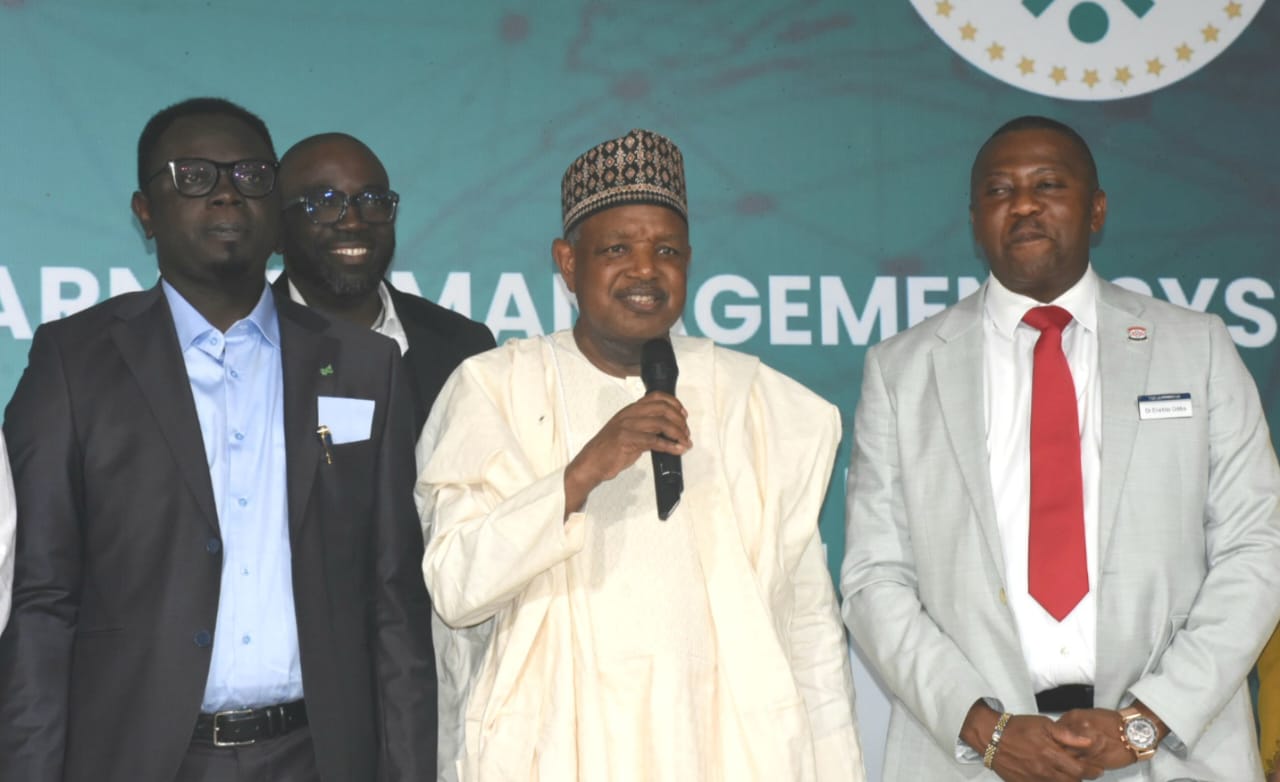Business
Huawei shows that next-gen data centres are sustainable and smart

Tech company, Huawei, has said that with the continuous development of fields such as 5G, artificial intelligence (AI), and Big Data, data centres will only grow in scale and importance.
This is even as there is growing pressure on data centres to use less electricity and operate more sustainably, especially as economies in Africa and other regions look to decarbonise.
Critically, they will have to do so without compromising on performance or drastically increasing their physical footprints.
Huawei said this while revealing its definition of the Next-Generation Data Center Facility, and unveiling its new PowerPOD 3.0 data centre power supply system.
The new rollouts, not only reaffirms Huawei’s commitment to building low-carbon, smart data centres, it also underscores the fact that the next generation of data centres will be sustainable, simplified, autonomous driving, and reliable.
“At Huawei, we are ready and willing to do to contribute to green development in Africa,” Jason Xia Hesheng, President of Huawei Digital Power Southern Africa said during the launch.
“We have a proud tradition of ensuring that all our technologies are sustainable while pushing the boundaries of innovation.
It will allow customers to pursue some of the most transformative technologies such as 5G and AI while protecting the planet.”
The PowerPOD 3.0 enables data centres to do all of these things. It reduces the footprint of data centres by 40%, cuts their energy consumption by 70%, shortens the delivery period from 2 months to 2 weeks, and lowers the service level agreement (SLA) fault rate by 38%.
Africa in particular stands to benefit from systems such as the PowerPOD 3.0. Energy in particular presents a major challenge in Africa. Data centres consume anywhere between 2%-3% of the world’s power annually. This adds an additional strain on African countries’ grids.
Additionally, the average annual Power Usage Effectiveness (PUE) of data centres in Africa is 1.8, meaning that they aren’t as efficient as they could be. Something like the PowerPOD 3.0 could go a long way to bringing that score closer to the ideal of 1.0.
In addition, the system’s ability to bring down O&M costs could also prove significant, given that the initial construction of data centre accounts for just a third of its costs, with the other two-thirds coming from O&M.
With Africa set to have more than 600-million internet users and 360 million intelligent end-users by 2025, it will be critical that it not just use systems such as PowerPOD 3.0 to make its existing data centres more efficient, but also as a way of embracing the next generation of data centres, characterized by Sustainability, Simplification, Autonomous Driving and Reliability.
As Africa looks to balance population growth, urbanisation, and the desire to move forward on smart city initiatives with commitments to decarbonise, these kinds of next-generation data centres will be crucial. As the “heart” of the data centre, the power supply system should integrate and innovate all devices in the power supply chain.
Business
FG, Investonaire Academy Unveil National Programme to Equip 100,000 Youths with Financial Skills, Digital Wealth Tools

By Joel Ajayi
The Federal Government, in collaboration with Investonaire Academy, has unveiled a nationwide financial literacy and wealth-building programme targeting more than 100,000 young Nigerians. The initiative is designed to equip participants with practical skills in budgeting, saving, investing, asset building, and long-term financial planning, positioning them for sustainable prosperity in a rapidly evolving economy.
Launched on Tuesday in Abuja, the Honourable Minister of Youth Development, Comrade Ayodele Olawande, described financial literacy as a necessary survival tool for young people confronting today’s economic realities.
He noted that the initiative represents the foundation of a broader vision expected to extend beyond Nigeria to other African nations and global markets.
Reaffirming the Federal Government’s commitment to supporting over 4,000 corps members annually, the Minister said the programme will provide platforms, resources, and skills needed for both job creation and employability.
“The young people who understand money — how to save, invest, build assets, and manage risk — are the ones who will lead Nigeria into prosperity,” he said.
A major highlight of the launch was the expansion of the Nigeria Youth Academy, a digital platform offering mentorship, training, and startup support. According to the Minister, more than 200 startups will receive empowerment through the Academy’s e-app platform before the end of the year.
He stressed the need for deeper collaboration with private organisations, innovators, and youth-focused groups, noting that government alone cannot drive youth development. He further encouraged young Nigerians to embrace skills acquisition, innovation, and digital enterprise, saying these remain critical to reducing the desire for migration and increasing self-reliance.
Outlining the Ministry’s long-term commitments, Olawande emphasized three priorities: supporting youth innovation, equipping them with growth tools, and safeguarding millions of Nigerian youths under the Ministry’s mandate.
Speaking at the launch, Sebastien Sicre, Chief Operating Officer of Investonaire Academy, said the programme was crafted to revolutionize the way Nigerian youths learn and apply financial knowledge. He highlighted the Academy’s gamified Learning Management System (LMS), which offers interactive learning tools, community forums, and real-time mentorship to make financial education engaging and accessible.
Complementing the digital platform is a new 200-square-metre physical training centre in Abuja, opposite the NNPC Towers, where in-person workshops and mentorship sessions will take place.
The curriculum covers key global asset classes — including equities, commodities, forex, and indices — ensuring participants gain a broad understanding of financial markets.
Sicre added that with Federal Government backing, the programme seeks to unlock new opportunities, strengthen youth participation in the digital economy, and reward outstanding participants through a $1 million funding pool to support new and existing ventures.
International Programme Director of Investonaire Academy, Dr. Enefola Odiba, explained that the initiative aims to bridge long-standing gaps in financial education among Nigerian youths. While schools teach many subjects, he said, essential financial skills are often missing.
“Many people can earn money — earning money can be easy. The real challenge is retaining, managing, and growing that money,” he noted.
Referencing the Central Bank of Nigeria’s definition of financial literacy, Odiba stated that implementation remains a major national challenge. He said the initiative brings together government agencies, youth groups, academic institutions, and private-sector partners to translate strategy into measurable impact.
The programme’s curriculum covers budgeting, saving, investing, and financial planning — areas where many young people struggle. By offering practical training, real-world insights, and guided mentorship, the initiative aims to build a generation of financially empowered youth capable of driving innovation, entrepreneurship, and sustainable economic growth.
With this partnership, the Federal Government and Investonaire Academy share a common goal: to empower young Nigerians with the financial intelligence and digital tools needed to build wealth, grow businesses, and transform the nation’s economic future.
-

 Featured6 years ago
Featured6 years agoLampard Names New Chelsea Manager
-

 Featured6 years ago
Featured6 years agoFG To Extends Lockdown In FCT, Lagos Ogun states For 7days
-

 Featured6 years ago
Featured6 years agoChildren Custody: Court Adjourns Mike Ezuruonye, Wife’s Case To April 7
-

 Featured6 years ago
Featured6 years agoNYSC Dismisses Report Of DG’s Plan To Islamize Benue Orientation Camp
-

 Featured4 years ago
Featured4 years agoTransfer Saga: How Mikel Obi Refused to compensate me After I Linked Him Worth $4m Deal In Kuwait SC – Okafor
-
Sports3 years ago
TINUBU LAMBAST DELE MOMODU
-

 News11 months ago
News11 months agoZulu to Super Eagles B team, President Tinubu is happy with you
-
Featured6 years ago
Board urges FG to establish one-stop rehabilitation centres in 6 geopolitical zones
